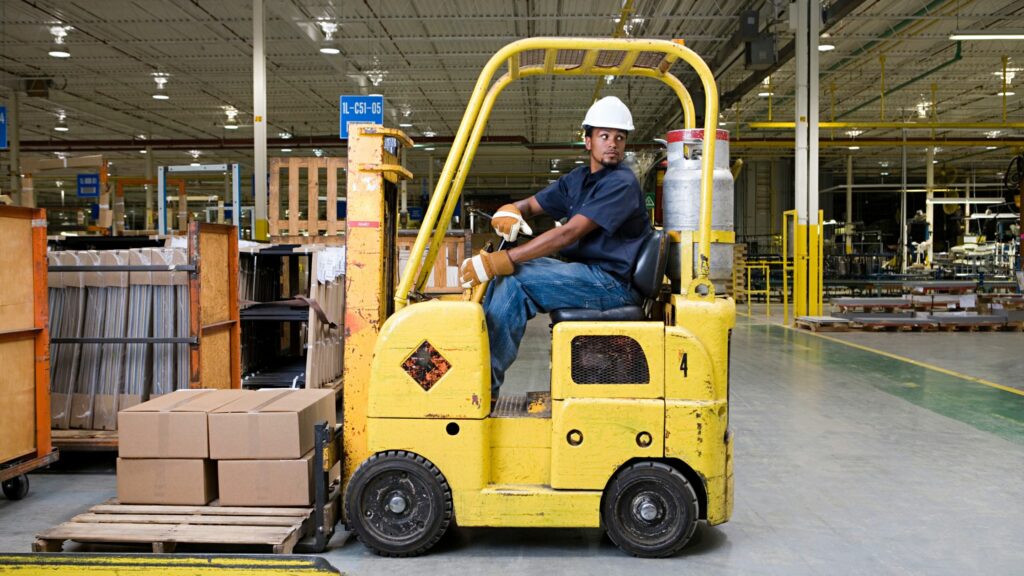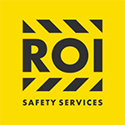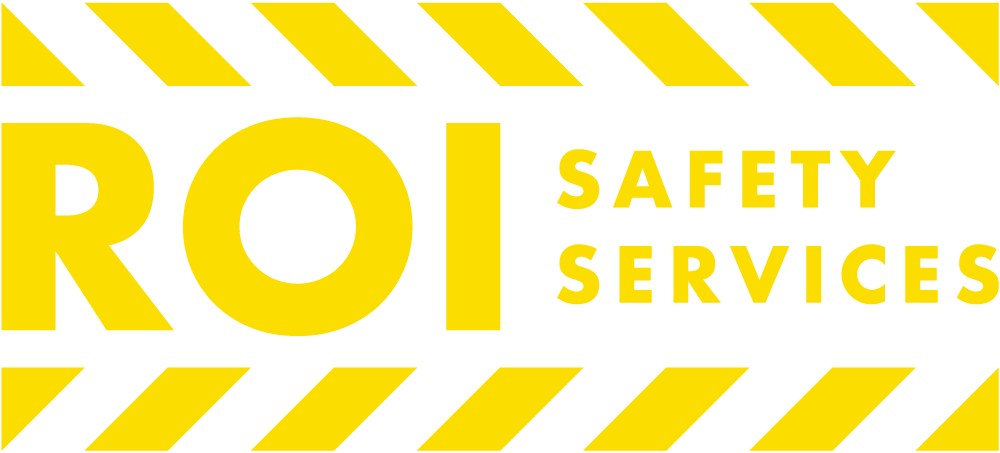
Forklifts are an integral tool in ensuring the efficient movement of heavy loads in most industries. Although efficient, operating forklifts pose huge risks and consequences to operators working in the vicinity if not appropriately handled. This is where the active involvement of supervisors helps mitigate elevated risks and ensure safety compliance.
An employer is responsible for workplace safety and health through effective training and supervision. Supervisors provide training and foster a safety culture among operators and other workers in the organization.
In this article, we will outline the need for supervision in forklift safety and training, the roles and responsibilities of supervisors, and tips to ensure adequate supervision. Let’s delve into the significance of supervisors in promoting a safe and productive forklift-operated work environment.
Ensuring Forklift Safety Through Effective Supervision
Supervision ensures forklift operators apply their training every day at the workplace. It identifies and enforces safety protocols to ensure the forklift is loaded correctly, operators are in the correct lane, clear pathways, and the forklift is in good maintenance. Here’s how supervisors can contribute:
Conducting Pre-checks
Pre-operational checks help to ensure the workplace and pathway are free of potential hazards. These inspections promptly identify mechanical issues and worn-out parts that need urgent repairs and replacements for proper forklift functioning. Properly maintained and serviced forklifts are less likely to cause accidents.
Develop Traffic Management Systems
This is a great way to create clear pathways and signage for smooth forklift operations away from obstructions. Decongested routes and adherence to set speed limits help to reduce forklift-related accidents, which can be fatal.
Properly Maintaining Forklifts Through Regular Inspections
Supervisors should schedule inspection routines and maintenance practices to ensure forklifts are in good condition to operate safely.
Creating Clear Safety Guidelines
Supervisors should develop and communicate forklift-related guidelines to all operators, workers, and pedestrians within the vicinity of operations. The guidelines should clearly state maximum speed limits, load capacity, use of protective gears, and pedestrian safety.
Roles and Responsibilities of Supervisors in Forklift Safety
Supervisors are vital in industries with large machinery to help identify and promptly deal with risks to mitigate further damages. See the responsibilities below in detail:
- Identify the need for training and develop training programs
Supervisors are responsible for identifying training areas in that work environment and creating comprehensive forklift training programs. The programs should cover every element of safety in forklift operations. It should also include theoretical and practical tests with a thorough evaluation to ensure operators gain vital skills.
- Conduct regular safety training, monitoring, and evaluations
OSHA safety standards updates should be implemented through regular training sessions by supervisors. The regular training should cover emergency protocols and procedures in case of spills or accidents, efficient load handling, truck controls, and maneuvering techniques in depth.
Similarly, periodic evaluation to test operators’ knowledge and skills on forklift safety is essential to reduce machine-related accidents and minimize operational costs. Regular forklift training by supervisors is a way to verify an operator’s certification and ensure compliance with OSHA regulations.
- Pre-operational checks and regular inspections
Supervisors must maintain safe work environments by promptly identifying and addressing potential risks. For instance, they should ensure adequate storage, clear pathways, safety equipment, and clear emergency protocols.
- Promote a safety culture at work among forklift operators
Supervisors should lead by example in executing and promoting safe practices at the workplace. They should ensure all workers and forklift operators prioritize safety by encouraging open dialogues and discussions, periodic training, and regular safe behaviors acknowledgment.
- Establish and enforce safety guidelines and protocols.
Supervisors are responsible for developing, implementing, and enforcing guidelines and procedures that maintain a safe forklift operation work environment. They avail protective gear, ensure that machines are in a good state, and that all operators are adequately trained. Safety guidelines should include carrying load capacity, offloading techniques, operating on different terrains (slopes, congested spaces), speed limits, and procedures at the end of your shift.
What Is the Role of Supervisors in Incident Investigation and Reporting?
Minor and fatal accidents are common in industries operating forklifts or big machines. However, each accident, including near misses, should be taken seriously, and supervisors should conduct proper follow-ups.
First, the supervisors ought to conduct thorough investigations into the causes of an accident and their patterns and correctly record findings for future comparison. Analyzing past and current accidents helps establish efficient protective procedures.
Secondly, all incidents and fatal accidents should be reported to relevant personnel by supervisors. This could be the safety division or regulatory bodies that can provide corrective measures and advice on avoiding similar occurrences.
What Are the Benefits of Ensuring Effective Supervision in Forklift Safety?
Employees, employers, and organizations benefit hugely from effective supervision. First, it reduces forklift accidents and injuries that may be fatal. This is cost-saving to the employer, who pays hefty penalties, hospital bills, and legal charges in case of accidents at the workplace. Efficient supervision reduces the chances of property damage leading to lowered insurance costs.
Secondly, minimal disruptions from accidents and equipment downtime are reduced by regular inspections, which results in increased productivity and smooth workflow. Offering constructive feedback to forklift operators boosts morale, promoting efficiency and job satisfaction.
Final Thoughts
Supervisors are essential in an industry with forklift operations to ensure safety requirements are met. They develop training programs, conduct regular sessions and enforce a safety culture in the workplace to promote a safer working environment. These tasks help reduce machine damage, minimize accidents and injuries, and lower overall costs for the company.
Effective supervision offers guidance and support, boosting employee confidence and overall productivity, leading to job fulfillment and profits. Forklift safety is everyone’s responsibility; a supervisor only enforces protocols and adherence.
At ROI Safety Services, we offer forklift training to assist your organization in maintaining a safer workspace.

